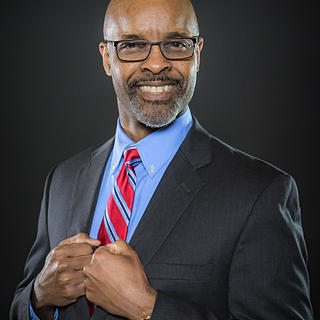Leading in a Crisis - Practice Four
- Mike Nwankwo
- Jun 22, 2020
- 2 min read

Practice Four for the leader is to communicate candidly and consistently. Like President JFK, strong leaders recognize the enormity of their tasks. During his presidency, JFK had to contend with the Bay of Pigs Invasion, the Cuban Missile Crisis, the building of the Berlin Wall, the Space Race, the American Civil Rights Movement and early events of the Vietnam War. He prayed for strength equal to the task. With this strength, he could communicate and connect with the people. Strong leaders connect with followers and constituents on multiple levels. They not only connect with heads (facts and figures), they also connect with hearts (passion and purpose). They know communication consists of words (7%), tone (38%), and body language (55%). All three must be congruent for effective communication to occur.
Especially during a crisis, followers are asking three primary questions. Do you care for me? Can you help me? Can I trust you? Every time a crisis leader speaks, he or she is answering these questions. Many have started off well only to lose the trust of the people because of inconsistent messages or erroneous facts. Remember, candor and consistency are key.
Even when leaders do not have all the answers, they still must be clear. Andy Stanley said, “Uncertainty is not an indication of poor leadership. Rather it indicates a need for leadership. The nature of leadership demands that there always be an element of uncertainty. The temptation is to think, ‘If I were a good leader, I would know exactly what to do.’ Increased responsibility means dealing more with more intangibles and therefore more complex uncertainty. Leaders can afford to be uncertain, but we cannot afford to be unclear. People will not follow fuzzy leadership.” Let that sink in for a moment. People will not follow fuzzy leadership.
For several organizations, as imperative it is to communicate within, it is equally paramount to inform externally. Customers, investors, supporters, and other stakeholders are watching and listening. If not the same message (due to trade secrets, confidentiality, etc.), external information still must be consistent and complementary to the internal message. There should never be conflicting internal memos and external news. Again consistency and candor are key whether delivered verbally or in writing.
That's it for now. Your candid feedback is both welcomed and appreciated. Please share your thoughts on Practice Four. At Apogee, we work with entities to strengthen their pipeline of leaders. Based in Cleveland, Ohio, we specialize in helping others lead through change and we offer premier leadership training programs and experiences. Find out more at apogeeleader.com/development.
Until the next time...





Comentários